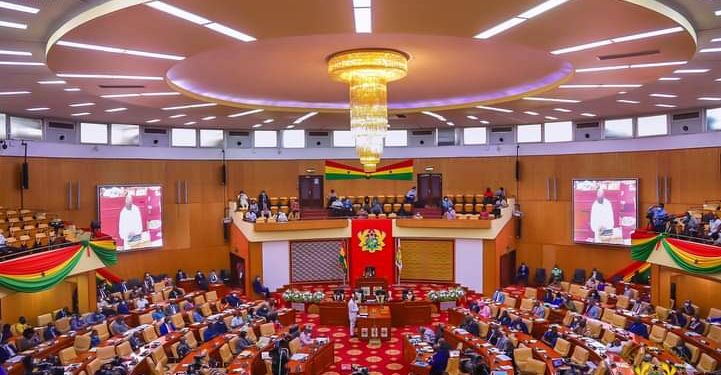The Ministry of Finance (MoF) has disclosed that the government will not ask for more money in the mid-year budget expected to be read in July 2024.
Speaking on Morning Starr with Francis Abban, the Technical Adviser at the Ministry of Finance, Dr. Abudu Abdulganiyu further stated that the government has no intention of introducing any new taxes as well.
“In 2023 we recorded a balance of about 3.9 percent and that was against a target of about 5.7 percent. It does tell you that when we are talking about reducing we are capable of doing so because what we projected for 2023 we recorded a lower primary balance by the end of 2023.
“As I speak to you we are on course to actually achieve the 0.5 percent surplus based on our review of the mid-year figures. In July, the Finance Minister will be going to parliament to do the mid-year budget review and one of the things we have indicated is that we are not going to ask for a supplementary budget,” Dr. Abdul-Ganiyu disclosed.
He continued: “No new taxes, we are not going to ask Parliament to approve any more money for us. What we have within the 2024 budget we are going to make sure we spend within that. So that gives us the confidence that by the end of the year, we should be able to achieve that kind of primary balance.”
Dr. Abdulganiyu also highlighted other expected financial inflows that will contribute to stabilizing the currency. These include a debt service moratorium with bilateral creditors, which provides relief from principal and interest payments between 2023 and 2026, resuming in 2027. This moratorium allows the government to allocate resources to productive areas, strengthening the economy by the time debt servicing resumes.
Additional inflows expected before the end of the year include $300 million from the World Bank as part of the development policy operation, funds from the cocoa syndicated loan, and the Garrett project, also supported by the World Bank, which is expected to bring in $150 million. Overall, the government anticipates an injection of about $2 billion into the economy by the end of 2024.
“The expectation is that before the end of the year, we should get an injection of about 2 billion U.S. dollars into the economy. So short term, that stabilizes the cedi,” Dr. Abdulganiyu explained, expressing optimism that these measures will help the cedi regain some of its lost value.
According to him, this comprehensive strategy, combining IMF support and other financial inflows, aims to halt the depreciation of the cedi and stabilize Ghana’s economy in the short term.
Source: Ghana/Starrfm.com.gh/103.5FM




